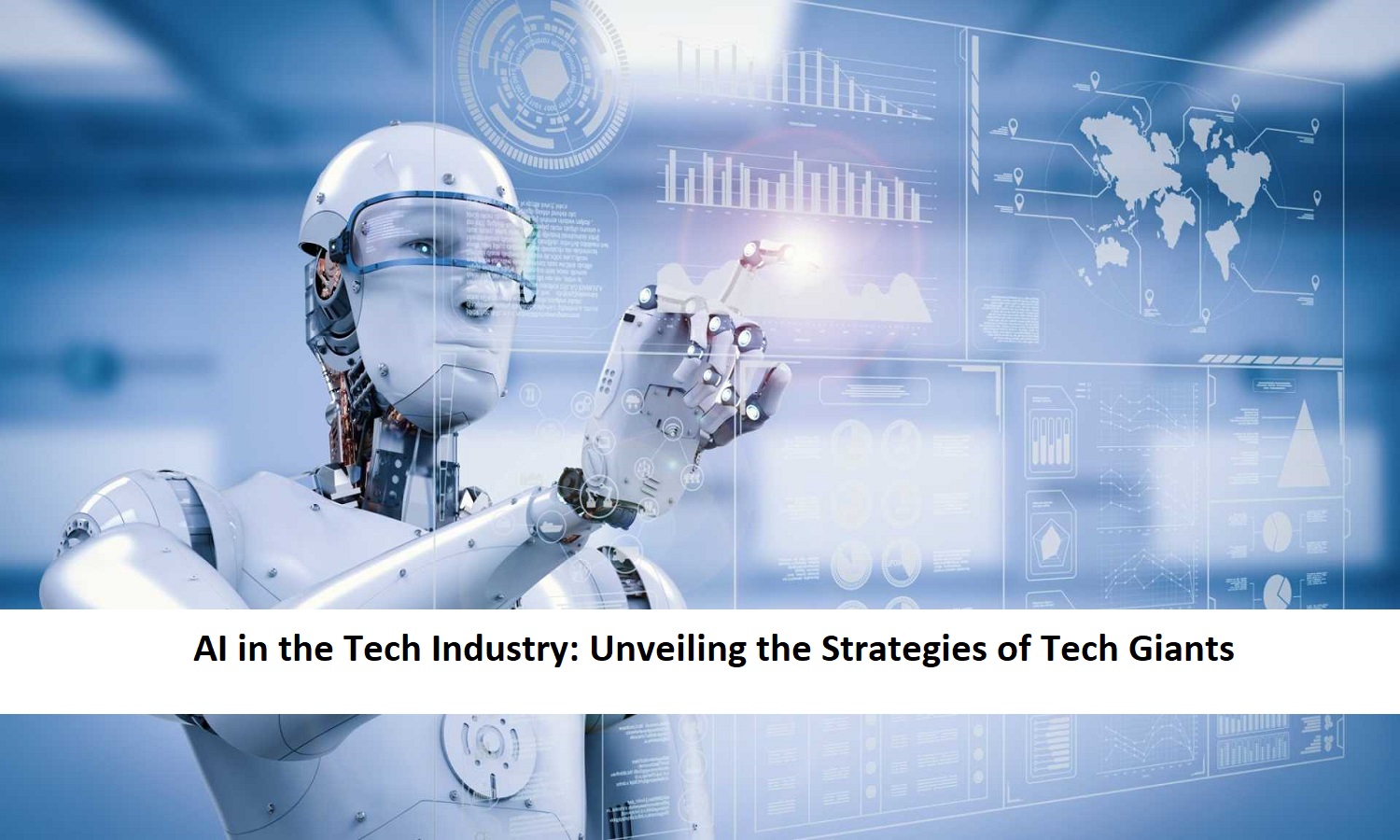AI in the Tech Industry: In the ever-evolving tech landscape, the topic of artificial intelligence (AI) is garnering substantial attention, with industry giants like Google, Microsoft, and Meta taking center stage. Reports reveal that these companies have been extensively discussing generative AI capabilities, enabling machines to write, draw, and even code with human-like precision.
Last week, the CEOs of Alphabet and Microsoft, Sundar Pichai and Satya Nadella, along with Meta’s Mark Zuckerberg, made an astounding 66, 47, and 42 mentions of AI, respectively, during discussions on their respective companies’ advancements. In contrast, Apple seems to lag behind in AI talk, as its upcoming earnings report does not include any mentions of AI.
Nonetheless, Apple’s approach to AI development is distinct and strategically calculated. While CEO Tim Cook has mentioned AI twice during previous results calls in May, the company refrained from using the term during its June software launch event, despite unveiling AI-based features. Apple’s emphasis on software-driven solutions, from organizing photos to improving typing efficiency and filling out PDF forms, demonstrates their belief in the transformative power of machine learning.
Within Apple, both experts and employees alike embrace the role of machine learning, recognizing that software is the driving force behind their innovative solutions. However, the tech giant remains discreet about its AI efforts, choosing to keep future plans under wraps.
Conversely, this week saw leaders from Meta, Microsoft, and Google discussing cloud services and developer tools that align with the AI gold rush. Meta, previously known as Facebook, invested in the LLaMA language model, which holds immense potential for social media applications and online advertising. Microsoft’s CoPilot, a noteworthy AI project, incorporates OpenAI’s ChatGPT into Word, PowerPoint, and other programs, providing a powerful language and coding tool at a cost of $30 per month.
As the market values of these tech giants soar, investors are curious about the impact of AI technologies on their businesses. Microsoft’s Nadella and CFO Amy Hood assured investors that CoPilot would be gradually integrated, with potential effects on sales in the coming year. Meanwhile, Google’s Pichai remains optimistic that AI-generated text will enhance search capabilities and tackle challenges in AI adoption.


Despite the tremendous potential of AI, it faces the typical hype cycle experienced by new innovations. Businesses often witness a peak of inflated expectations, followed by a trough of disillusionment before realizing the full potential of these technologies. The AI landscape is ripe with opportunities for investors and shovelmakers, with companies like Nvidia and cloud services companies capitalizing on AI applications and processing.
However, challenges persist, such as user adoption, as OpenAI’s iPhone app experienced a decline in users. Experts acknowledge that developing AI technology requires both time and financial investment. In the eyes of industry analysts, early demand for AI will eventually pave the way for large-scale systems and long-term returns.
Apple, too, is actively exploring AI, as reports suggest the development of an internal language model akin to ChatGPT. The company recently introduced software for the iPhone keyboard with GPT-like capabilities, demonstrating their integration of AI into their models.
While the AI race continues to unfold, it remains clear that AI’s impact on the tech industry will be transformative and influential. Each tech titan approaches AI with its unique strategies and plans, and as the journey progresses, the world watches with bated breath for the next ground-breaking AI revelation.
NASA DRACO Project: Nuclear-Powered Space Travel for Faster and Safer Exploration.
Also Read: Elon Musk Congratulates Talulah Riley on Engagement to ‘Love Actually’ Star Thomas Brodie-Sangster
Our Reader’s Queries
How is AI used in the tech industry?
AI for IT operations involves leveraging Artificial Intelligence to oversee Information Technology across various platforms. The primary technologies utilized in AIOps are Machine Learning and Big Data, which streamline data processing and decision-making by analyzing historical and real-time data.
How AI is changing the technology industry?
AI is driving digital transformation by enabling organizations to automate operations, gain valuable insights from data, and create innovative value propositions. Key opportunities of AI include automation, which allows businesses to automate processes that were once done manually.
What are 4 types of AI?
There are 4 primary types of artificial intelligence. The first type is reactive machines which are task-specific and don’t have memory, so they always produce the same output for a given input. The second type is limited memory machines which, as the name suggests, have a limited memory. The third type is theory of mind, and the fourth type is self-awareness.
What tech companies are in AI?
Every big tech company, from Google and Amazon to Apple and Microsoft, is investing in advancing artificial intelligence. Everyday tools like Siri and Alexa have integrated AI into our routines.

